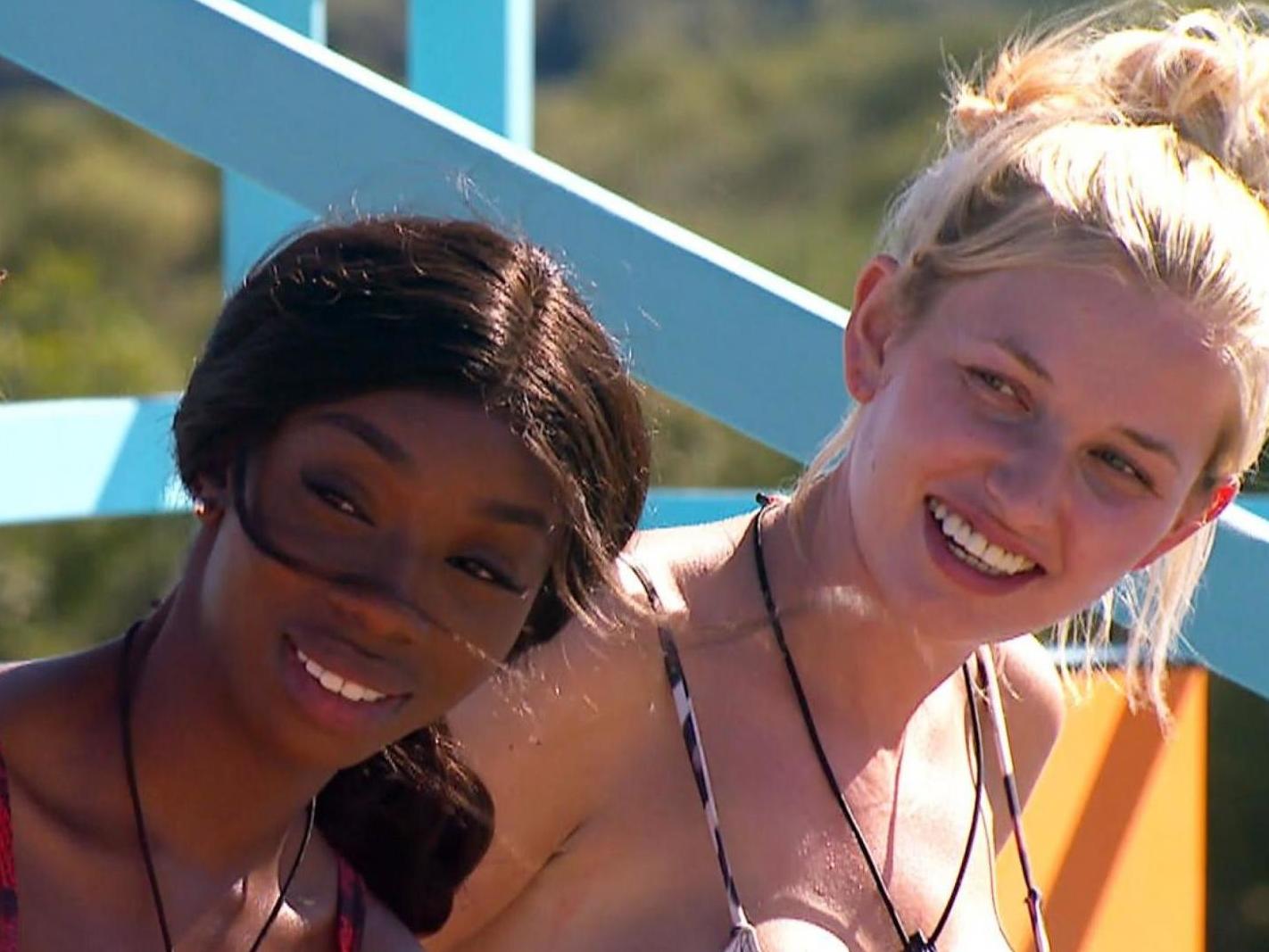Love Island was once a useful glimpse at a world we hardly knew – now it just looks cruel
The show has brought some serious issues to the surface over the past four years, but we’re locked in a cycle of diminishing returns


Reality shows are often dismissed as trash TV, and frequently that can be the case. But they also have their merits: journalists and viewers can use them to unearth more serious issues, from the way we talk about mental health to body image and behaviour in relationships.
There are series like Masterchef, Bake Off and The Voice that require skill or at least charisma, with the winners of those contests going onto achieve wider success in business or the arts.
Bringing serious issues to the surface is what Love Island has been doing for the past four years, though not always in the show’s favour. It has been repeatedly criticised – and in this series has so far failed to address – its woeful lack of body diversity. The men are toned and chiselled and just as waxed as the women, many of whom spend an alarming amount of money on cosmetic surgery in order to meet the standards contestants are apparently required to meet.
Elsewhere, there are male contestants who come under fire for behaviour that comes across as coercive, jealous and controlling. They talk about the women like objects to be fought over, rather than human beings with autonomy of their own. In terms of personality, too, there is little in the way of variation – hobbies like surfing are mistaken for character traits and contestants are consistently heard spouting nonsensical catchphrases.
It’s not snobbish to point out that the UK deserves better entertainment than this – a show that often feels cruel for the way it encourages viewers to mock contestants for their ignorance (although you could make an incredibly tenuous argument that the show raises concerns about the UK education system).
And there’s still concern around the impact shows like Love Island have on mental health, following the suicides of two former contestants last year and another, Alex Miller, revealing he also considered taking his own life after struggling to adjust to the fame (or infamy) that followed his appearance on the show.
As the current season continues, we’re left wondering what the point of a show like Love Island really is. If it’s to entertain, you have to wonder who is entertained by watching a group of people in swimwear exchange partners as quickly as you would a pair of jeans. If it’s to educate, you’re left thinking how, surely by now, we should have learned our lessons from season one, and if not, then maybe we need better teachers.
Yours,
Roisin O’Connor
Music correspondent
Join our commenting forum
Join thought-provoking conversations, follow other Independent readers and see their replies
Comments
Bookmark popover
Removed from bookmarks